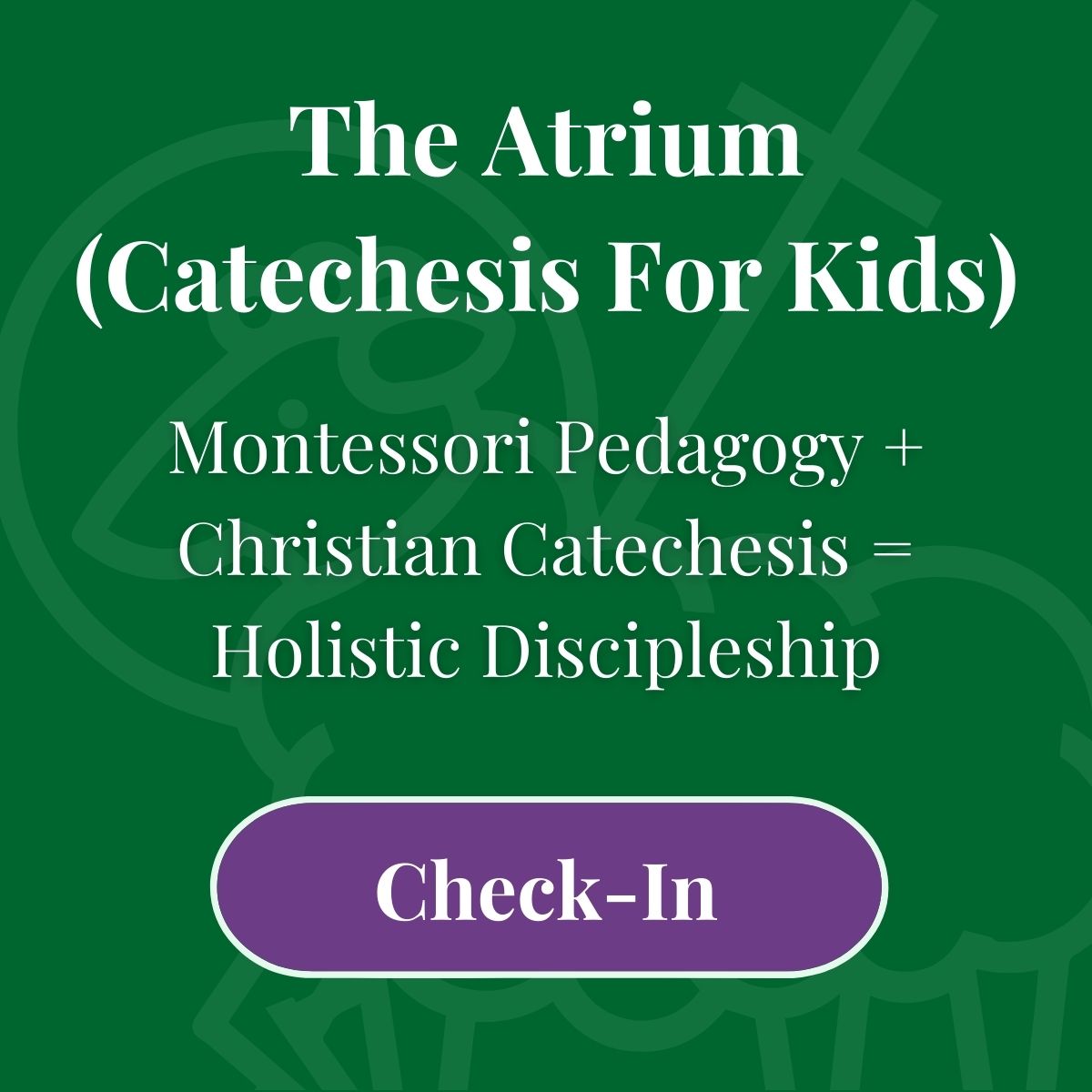Welcome To All Saints
Whether you are visiting, new to the community, or searching for a church home, you will find All Saints to be an engaging congregation that loves to worship God in the Anglican tradition. We invite you to join us as we meet with our Lord Jesus in Word, Sacrament, and transcendent Worship. (Our rector, Father Isaac Rehberg)
The Anglican Way
Ancient Faith
We hold to the same faith, practice, and doctrine that nourished the earliest Christians.
Transcendent Worship
We worship according to the ancient rhythms and liturgical patterns of the historic Church.
Classical Formation
We form disciples holistically in community through practice of timeless spiritual disciplines.
Join Us As We Worship Our King
Worship Schedule
11122 Link Drive, San Antonio, TX 78213
Sunday
Holy Communion ✝ 9:00 AM
The Atrium (Kids) ✝ 9:00 AM
Adult Catechesis ✝ 10:30 AM
Holy Communion (Choral) ✝ 11:15 AM
Wednesday
The Atrium (Kids) ✝ 9:15 AM
Matins (Morning Prayer) ✝ 9:30 AM
Evensong (Evening Prayer) ✝ 6:00 PM

Click for more info







The Baby who was God: A Homily for Christmas Eve
Texts: Hebrews 1:1-12, John 1:1-14
December 24, 2025

"Of the Nativity" - From the 2nd Book of Homilies
An abridgment and modernization of the anonymous "An Homily or Sermon Concerning the Nativity and Birth of our Saviour Jesus Christ" from the Second Book of Homilies, 1571.
December 25, 2025
The Old Testament Wisdom Literature Lesson 2.4: Pastor and Penitence (Psalms 23 & 51)
We continue our Psalms study by looking at Psalms 23 and 51, two of the most beloved Psalms.
From Adult Sunday School on 12/21/2025

Joyful Preparation in Christ: A Homily for the 4th Sunday in Advent
Texts: Philippians 4:4-7
Prepared for the 9:00 Service on 12/21/2025
The OT Wisdom Literature 2.3: “My God, Why Hast Thou Forsaken Me?” (Psalm 22)
We continue our discussion of the book of Psalms by looking at Psalm 22. We discuss David’s persecution, the poetry, and the Messianic significance.
From Adult Sunday School on 12/14/2025

Preparation by the Church - A Homily for the 3rd Sunday in Advent
Texts: 1 Corinthians 4:1-5, Matthew 11:2-11
(With indebtedness to the lectionary scholarship of Melville Scott for the title)
(With indebtedness to the lectionary scholarship of Melville Scott for the title)
From the 11:15 Service on 12/14/2025

The Old Testament Wisdom Literature
A Discussion of the Books of Job, Psalms, Proverbs, Ecclesiastes, and Song of Songs
Our Current Christian Education Series
The Sending Parish
An Interview about All Saints and our Daughter Church, St. Benedict Anglican Church
From our Diocesan Podcast, "Together on Mission"
Connect
11122 Link Drive
San Antonio, TX 78213
210-975-3234
Explore
Find
Copyright © 2025 | Powered by  churchtrac
churchtrac


